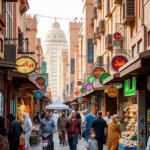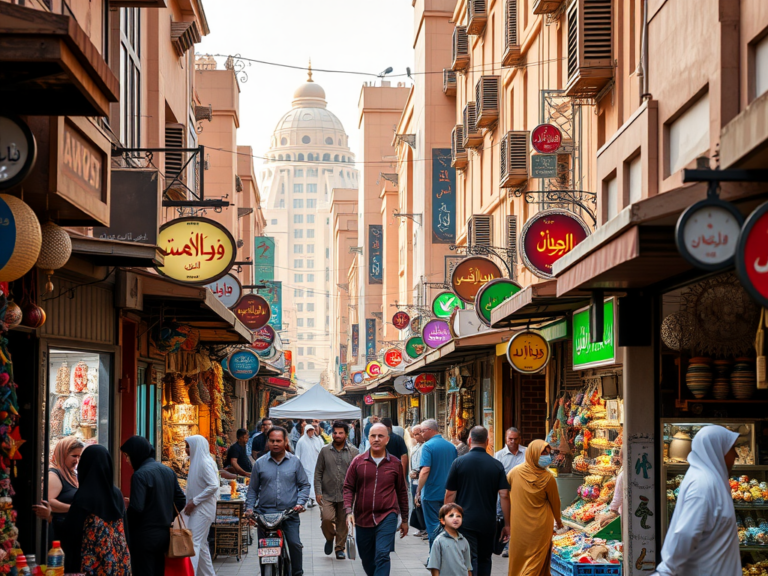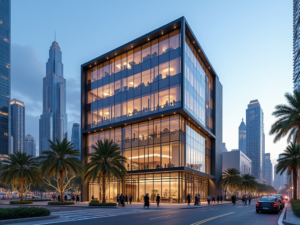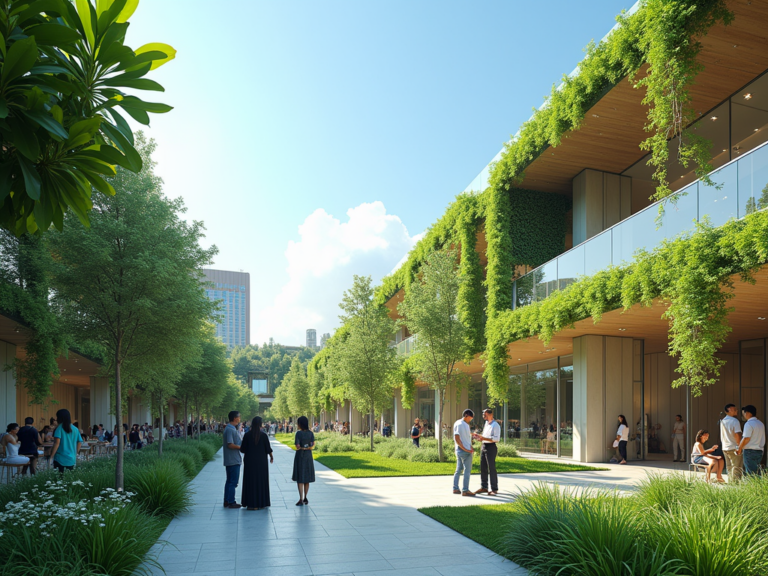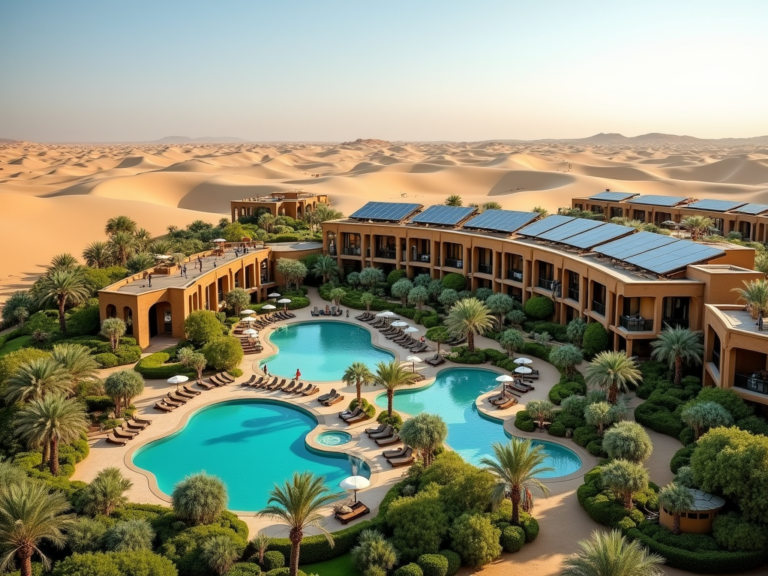Dubai’s Tax-Free Zones are strategically designed areas that allow businesses to operate free from the encumbrance of personal and corporate taxes. These zones have become hubs for entrepreneurship, attracting international investors and companies looking to capitalize on the benefits they offer. In this article, we will explore the various advantages of Dubai’s Tax-Free Zones, including financial incentives, operational flexibility, and a thriving business ecosystem that fosters growth.
1. Financial Incentives of Tax-Free Zones

One of the most significant draws of Dubai’s Tax-Free Zones is the financial incentives provided to businesses. Companies operating within these zones benefit from a range of fiscal advantages that can greatly enhance their profitability. Some of the key financial incentives include:
- 100% Foreign Ownership: Unlike other parts of the UAE, businesses in these zones do not require a local partner to operate, allowing 100% ownership.
- Zero Personal and Corporate Tax: Businesses enjoy a tax-free environment, with no personal income tax and no corporate tax imposed on profits.
- No Import or Export Duties: Companies can import, export, and re-export goods without incurring additional duties, leading to lower operational costs.
- Repatriation of Capital and Profits: Companies are allowed to repatriate 100% of their profits and capital, providing financial security and flexibility.
- Long-term Lease Options: Business premises in these zones can be leased for extended periods with competitive pricing.
2. Simplified Company Setup Process

Setting up a business in Dubai’s Tax-Free Zones is remarkably straightforward compared to other regions. The streamlined process typically involves fewer bureaucratic hurdles, thus allowing entrepreneurs to focus on growing their enterprises. The steps usually include:
- Choosing a Free Zone: Entrepreneurs can select from various free zones catering to specific industries or sectors.
- Application Submission: Complete the required application forms, providing necessary documentation such as business plans and identification.
- Obtaining a License: Once the application is approved, businesses can obtain their operational licenses timely.
- Office Space Acquisition: Many zones offer flexible office solutions, from virtual offices to fully-equipped facilities.
- Visa Processing: The free zones facilitate quick processing of work visas for employees and management.
3. Access to a Thriving Business Ecosystem
Dubai’s Tax-Free Zones are not just about tax advantages; they are environments designed to nurture and support businesses. The comprehensive infrastructure, networking opportunities, and support services provided create a dynamic ecosystem conducive to growth:
Key aspects of this ecosystem include:
- Networking Opportunities: Regular events and exhibitions provide platforms for businesses to network, collaborate, and explore new markets.
- Business Support Services: There are numerous service providers within free zones offering legal, HR, and consultancy services to facilitate business operations.
- Access to Global Markets: The strategic location of Dubai offers businesses easy access to both established and emerging markets across the Middle East, Asia, and Europe.
- Skilled Workforce: Tax-Free Zones attract skilled professionals from around the world, providing businesses with access to a diverse talent pool.
- Innovation and Technology: Many zones support tech startups and innovations, encouraging investment in research and development.
4. Variety of Free Zones Tailored to Industries
Dubai offers a diverse range of Tax-Free Zones, each tailored to cater to specific industries. This specialization allows businesses in those sectors to thrive without the challenges they might face in broader markets. Some notable Tax-Free Zones include:
- Dubai Internet City (DIC): A hub for IT companies and tech startups.
- Dubai Media City (DMC): A creative hub for media and advertising firms.
- Jebel Ali Free Zone (JAFZA): Focused on manufacturing and trade industries.
- Dubai Healthcare City (DHCC): A dedicated zone for healthcare professionals and organizations.
- Dubai Design District (d3): A vibrant community for design and fashion businesses.
5. Conclusion
In summary, Dubai’s Tax-Free Zones provide a plethora of benefits for businesses looking to establish themselves in a competitive global landscape. From financial incentives, a simplified registration process, and access to a thriving ecosystem to specialized zones catering to various industries, Dubai continues to be a magnet for entrepreneurs and foreign investors. The strategic advantages of these zones not only enhance profitability but also support long-term growth and innovation.
Frequently Asked Questions
1. What types of businesses can be established in Dubai’s Tax-Free Zones?
You can establish various types of businesses, including trading companies, consulting firms, technology startups, and manufacturing units, depending on the specific free zone’s regulations.
2. Do businesses in Tax-Free Zones have to pay any taxes?
No, businesses in Dubai’s Tax-Free Zones can enjoy zero corporate tax and no personal income tax, along with other fiscal incentives.
3. How long does it take to set up a business in a Tax-Free Zone?
The process can vary, but typically it takes just a few days to weeks to complete all necessary procedures and obtain licenses.
4. Can businesses in Tax-Free Zones trade with the UAE mainland?
Yes, businesses can trade with the mainland but may need to go through a local distributor or partner for certain types of activities.
5. Are there any restrictions on the number of visas for employees in Tax-Free Zones?
Visa allocation depends on the size of the office space leased within the free zone, allowing for a flexible number of employee visas.

